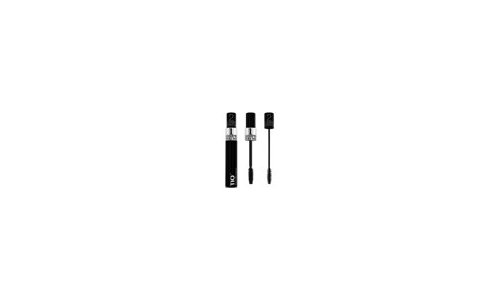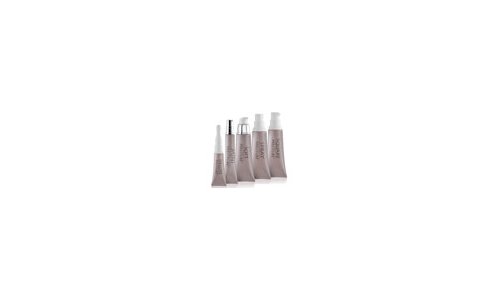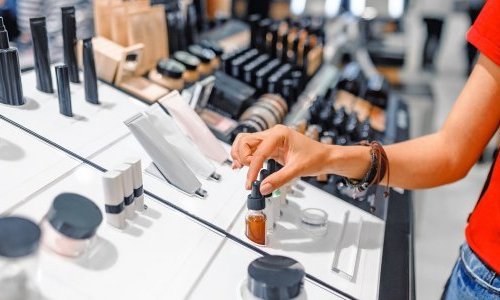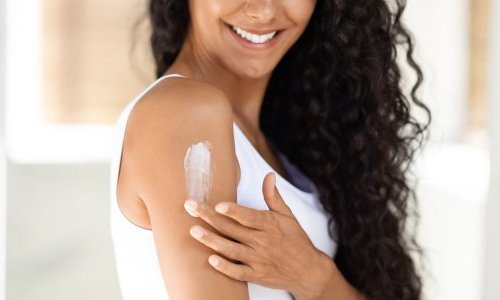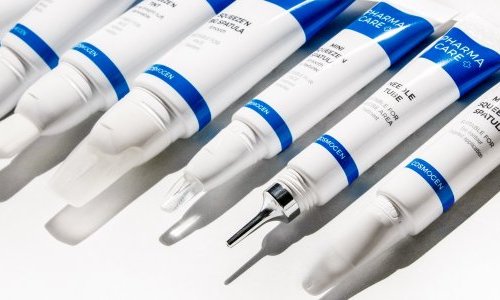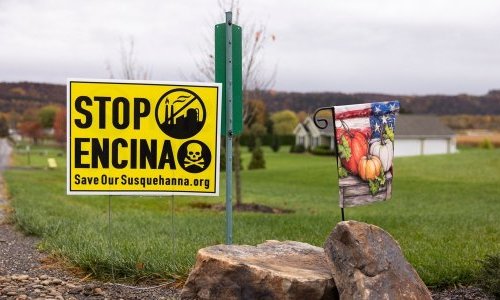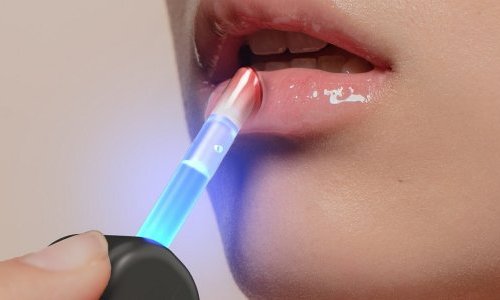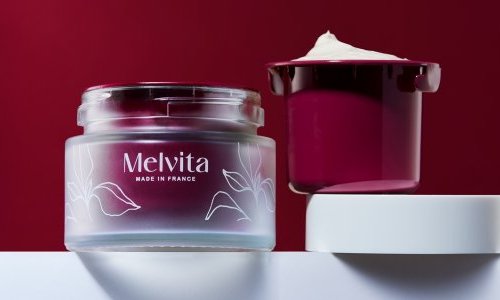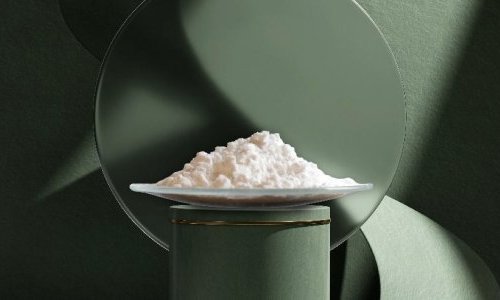
Albéa’s Innovation & Development Director, Nick Thorne
Premium Beauty News - So it’s almost ten years from now when you first started tackling this task?
Nick Thorne - Yes, indeed as of 2002, we started looking seriously at this issue on the development of environmentally friendly products. Very quickly, this led us to Life Cycle Analysis concepts and we started our studies on measuring the impact of packaging. Without the help of figures it is very difficult to see the facts!
In 2007, it was clear that sustainable development would be a cornerstone of our strategy along with innovation and operational performance of our global industrial network.
Our commitment consisted in putting forward programs, initiatives and tools that we had conceived. Then we started to reflect on major issues that we wanted to base our strategy on and we began to build partnerships with some customers, some suppliers, and even some competitors. More generally speaking, we addressed the subject from two angles: the one of direct impact on environment and the increase in greenhouse gas emissions, and the broader one of sustainable development.
Other equally important aspects were obviously not neglected in our approach, such our responsibility when purchasing raw materials from our suppliers, the control on the energy we use and our ability to generate waste. May I remind you that Albéa is also partners with Ecovadis that provided the first collaborative platform allowing companies to evaluate the environmental performances of their suppliers worldwide. Since its launch in 2007, more than 25 Groups chose this platform to monitor CSR risks linked to their supply chain and thus improve the sustainable development performance of their suppliers.
Premium Beauty News - Were customers truly motivated at the time?
Nick Thorne - Quite frankly, motivation was diffuse and somewhat unbalanced until 2006. And then, we must admit there was a strong acceleration as of 2008 and 2009. Today, it’s a major concern.
Premium Beauty News - What are you working on specifically?
Nick Thorne - We are working of course on developing more environmentally friendly packaging and as I told you, on reducing the impact of our industrial activities but also on our social corporate responsibility.
Today, we are able to provide our customers with packaging solutions using less material or incorporating new materials and even to measure and compare, with a computer assisted tool of Life Cycle Analysis that we have specially developed, their respective impacts on environment.
A concrete example would be for instance, the reduction of the environmental impact of about 30% of a standard tube, thanks to improvements carried out on its closing system. We have also developed the ENCORE tube that contains 60% of recycled materials. Another example, engineers from the Betts company, who have joined us, have developed a new process for laminated tubes allowing to more easily do without secondary packaging for toothpaste products, for example. This is a new simplified technology for the manufacture of aluminium-free sleeves, who have the ability of resuming their original shape after an impact. I can also mention a mascara we developed for a large brand of cosmetic products, the conception of which helped decrease by 30% its environmental impact.
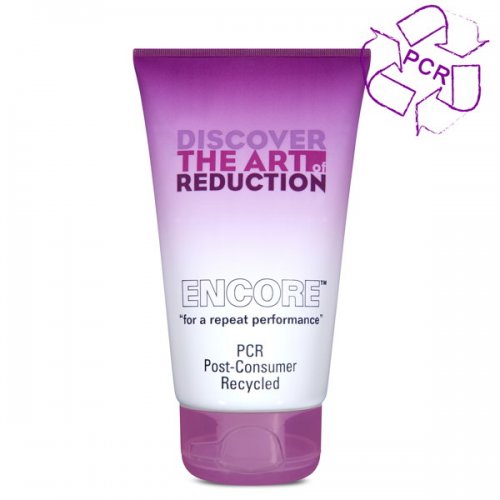
Premium Beauty News - Biodegradability, compostability, use of bio-polymers or recycled materials... The field is vast!
Nick Thorne - Yes, very vast indeed! But we must be pragmatic. Since the use of biopolymers is not available for the time being, we might as well turn to effective and immediate solutions, which are, between you and me, as essential as cutting down the weight of packaging, incorporating recycled materials, etc,. In so doing, we can reduce the amount of material used, through lightening or eco-design. We replace some materials by others and we measure the overall impact of each solution to compare it with existing solutions. What is important, too, is to work with raw recycled materials which are available in sufficient quantities, with food grade quality and aesthetically matching our applications. This is now the case with HDPE, but is not yet true for other key technical materials such as ABS that we use a lot.
This does not mean that developments on biopolymers do not motivate us. May I remind you that with the support of competitiveness clusters Plastipolis and IAR, we launched Thalia, the research and development project that comprises a consortium of ten manufacturers from the French plastics industry and two research laboratories (INSA Lyon and ESIEC).
The EUR 4 million worth project, with the support of the State and local authorities, aims to implement innovative solutions for the development of eco-designed products, using a eco-designing tool in order to combine innovative designs with new adapted materials (including bioplastics), to provide environmental benefits while complying with the functional and technical requirements of the concerned products and to take into account the economic and societal constraints of the market.
The positive effects of the Thalia project will impact several levels:
![]() Significant reduction of the environmental impact of plastic packaging,
Significant reduction of the environmental impact of plastic packaging,
![]() Protection of several thousand jobs in France in the plastic packaging sector,
Protection of several thousand jobs in France in the plastic packaging sector,
![]() An increase in the turnover of the various business partners.
An increase in the turnover of the various business partners.



